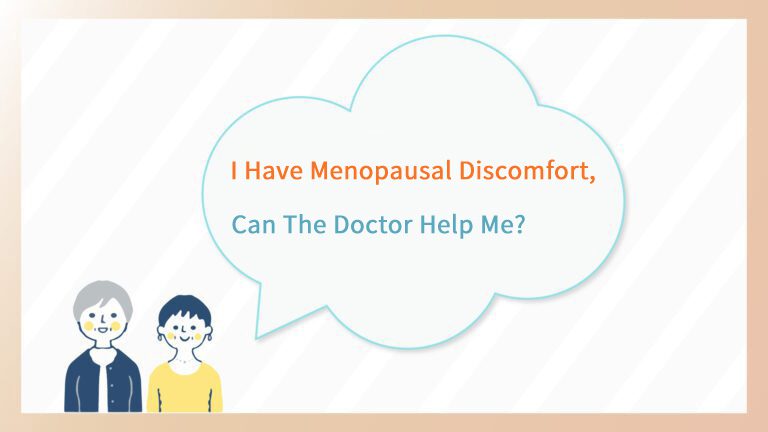Endometriosis is the growth of endometrial tissue (lining of the womb) outside the womb. 2-10% women of reproductive age have endometriosis and it may be seen in up to 50% of infertile women. It occurs mostly in the pelvic region including the ovaries and the surface of the womb. If it happens inside the ovaries, it will form a “chocolate cyst” which is a collection of old blood. However, it can also occur in other parts of body, for example: under the diaphragm, skin wounds and the lungs.
Why do I have endometriosis?
The cause of endometriosis is still uncertain. There are some hypotheses including backflow of menstruation back into the pelvis, obstruction of the genital tract such as in the vagina or the cervix, and previous operations.
What are the common symptoms of endometriosis?
Pain is the most common symptom of endometriosis. Women may experience pain during menstruation, sex, bowel opening or urination. Some may even suffer from constant pain. On the other hand, some women can be totally symptom-free. And a proportion of women only present during investigation for infertility. The severity of symptoms do not correlate closely with the severity of the disease.
How can I treat endometriosis?
The treatment plan depends on your symptoms, fertility wishes and your general medical health. For women with mild pain, doctors will usually recommend use of simple analgesics and non-steroidal anti-inflammatory drugs. Hormonal drugs including oral contraceptive pills, injection and progestogen can also provide good pain relief. Most of these hormonal drugs also have additional contraceptive effects, so they are not suitable for those contemplating pregnancies. For women with intractable pain or large ovarian cyst(s), surgery may be required. Surgery would involve removing the ovarian cyst(s), excision of endometriosis and cauterization of the superficial endometriosis using heat energy. It can be done as a key-hole surgery (laparoscopy) in most of the cases.
For details and suitability for use of each treatment method, you need to consult doctors for advice.
Will it affect my chance of pregnancy?
Presence of endometriosis is associated with infertility because it can lead to distorted pelvic structures and tubal blockage. Furthermore, the inflammation associated with endometriosis may also impair egg quality and implantation of embryos. In-vitro fertilization (IVF) may be required in some women. Endometriosis is also associated with adverse pregnancy outcomes like miscarriages and preterm births.
However, it does not mean that all women with endometriosis need to undergo IVF. Women with mild disease may still try to conceive naturally. Nevertheless, you should consider early checkup and assessment especially the condition of the fallopian tubes and other associated causes of infertility such as ovarian function.
Will it recur after operation?
There is a high chance of recurrence, which is around 20-40%. For women without fertility wishes, doctors will recommend the use of hormonal drugs to reduce the chance of recurrence. Regular ultrasound monitoring is recommended to detect early recurrence.
What do I need to be aware of?
Apart from recurrence, there is a small chance of cancer change with endometriosis. In view of this, you should have regular ultrasound scan of the pelvis for monitoring. In case of worsening symptoms, you need to seek medical advice early.






